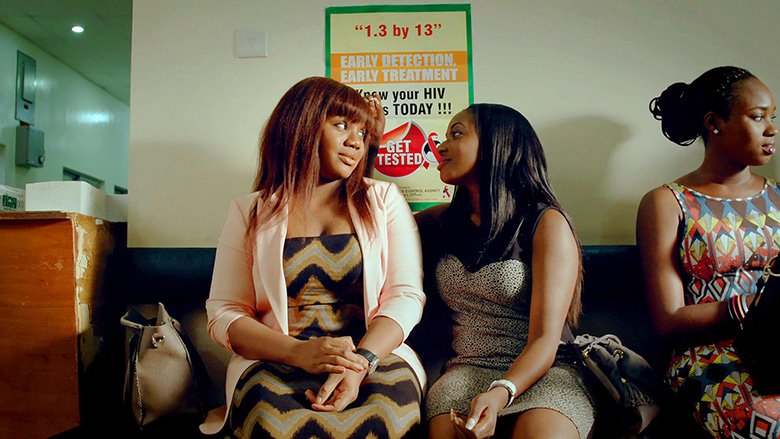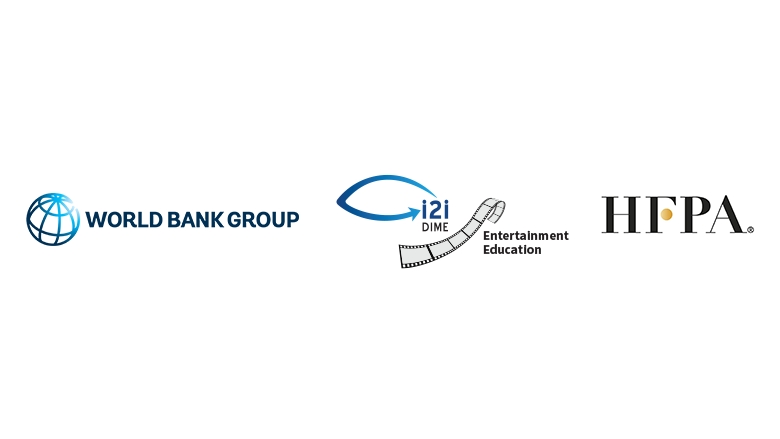Today’s development, security, and environmental crises are affecting billions of people, with emerging markets and developing economies (EMDEs) experiencing dramatic retreats in their Sustainable Development Goals (SDGs). Entertainment media reaches and influences global audiences and their communities. Worldwide, there are 5.4 billion television viewers, over 5 billion smartphone users, and 1.6 billion Facebook daily active users. Stories that go viral can trigger and sustain crises, as recently shown by the COVID-19 misinformation infodemic. On the other hand, profound demographic shifts together with explosive access to online and mobile platforms in EMDEs are reshaping commercial and development opportunities for the entertainment industry. By 2050, almost all the world’s population growth will occur in EMDEs. These trends are diversifying and enriching the stories the world hears.
The Hollywood Foreign Press Association and the World Bank Narrating Behavior Change Program joint forum discussed how the entertainment and development sectors are leveraging entertainment media to reach audiences with more inclusive and persuasive behavior change messaging during today’s multiple crises. The event consisted of short presentations and a panel that discussed the existing evidence base of ‘edutainment’ — the use of entertainment media with educational and development objectives — and recent partnerships between the entertainment and development sectors to systematically use edutainment to combat global challenges, such as gender equality and the COVID-19 pandemic.
Presentations
 | Arianna LegoviniDirector, Development Impact Evaluation Department, World Bank |
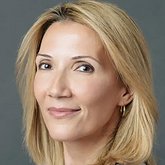 | Helen HoehnePresident, Hollywood Foreign Press Association |
 | Sharon StoneActor, Producer and Activist |
 | Victor OrozcoSenior Economist and Edutainment Lead, World Bank |
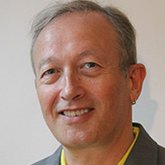 | Paul KatzFounder & CEO, Entertain Impact |
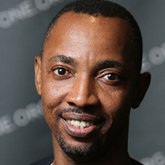 | Edwin IkhuoriaAfrica Executive Director, ONE |
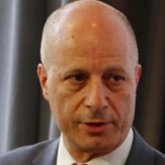 | Maher NasserDirector of the Outreach Division, Global Communications Department, United Nations |
 | Madeline Di NonnoPresident & CEO, Geena Davis Institute on Gender in Media |
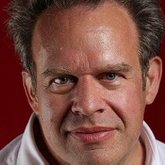 | Christopher BaileyArts & Health Lead, World Health Organizatio |
Panel Discussion |
